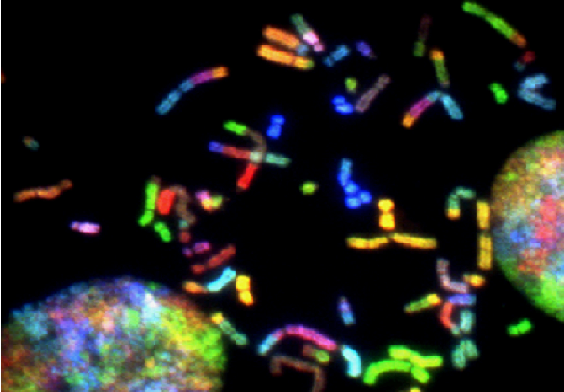June 24, 2021: Gilead Sciences announced interim results from the Phase 2b and Phase 3 clinical trials evaluating the first-in-class entry inhibitor Hepcludex® (bulevirtide) for the treatment of chronic hepatitis delta virus (HDV).
Findings from the Phase 3 study support the safety and efficacy profile of bulevirtide 2 mg once daily and are being presented today as a late-breaker in the International Liver Congress™ (ILC) 2021 Official Press Program.
Results from the Phase 2b trial show that treatment with bulevirtide alone or in combination with peginterferon alfa-2a, is associated with a significant HDV RNA decline and improvements in biochemical disease activity at Week 24.
The Phase 3 data will be included in the filing of bulevirtide to the U.S. Food and Drug Administration (FDA) later this year.
Bulevirtide has been granted Breakthrough Therapy Designation and Orphan Drug status by the FDA.
Hepcludex has been granted Conditional Marketing Authorization by the European Commission and PRIority MEdicines (PRIME) scheme eligibility by the European Medicines Agency as the first approved treatment in Europe for adults with chronic HDV and compensated liver disease.
“These data represent meaningful progress as we work to address the significant unmet needs of people living with HDV.
This infection presents a public health concern due to its rapid progression, leading to complications including cirrhosis, hepatic decompensation and an increased risk of liver cancer and death,” said Tarik Asselah, Professor of Hepatology at Hôpital Beaujon, Clichy, and at the University Paris, and Head of Viral Hepatitis Team at INSERM UMR1149, France.
“The data presented at ILC support the safety and efficacy of bulevirtide in adults with HDV and confirm the importance of this therapeutic option for people living with chronic HDV.”
Interim results from the Phase 3 MYR301 study indicate that after 24 weeks, the proportion of people with HDV achieving the combined virological and biochemical response was 36.7% with bulevirtide 2 mg, 28% in participants receiving bulevirtide 10 mg and 0% in participants currently under observation who have not received antiviral treatment at this stage of the study.
Treatment for 24 weeks with bulevirtide 2 mg or 10 mg had a superior response (p<0.001) to the no treatment group, with bulevirtide 2 mg for 24 weeks having a numerically higher response rate compared with bulevirtide 10 mg.
Additionally, rapid ALT reduction and normalization were observed in >50% of patients in the bulevirtide 2 mg group compared with the bulevirtide 10 mg or no treatment groups.
These results reinforce the efficacy of bulevirtide for the treatment of HDV.
The safety profile of bulevirtide at 24 weeks from these interim results is consistent with prior reports, and no serious adverse events (AEs), symptomatic elevations in bile salts or AEs leading to discontinuation related to bulevirtide were reported.
Data from the Phase 2b MYR204 study assessing the safety and efficacy of bulevirtide monotherapy or in combination with peginterferon alfa-2a, in people living with HDV will also be presented in an oral session on June 26.
The study evaluating 175 people with chronic HDV randomly allocated people across four groups: peginterferon alfa-2a; bulevirtide 2 mg plus peginterferon alfa-2a; bulevirtide 10 mg plus peginterferon alfa-2a; and bulevirtide 10 mg.
The proportion of participants achieving a combined response after 24 weeks of treatment was higher in those treated with bulevirtide, with the highest response rate seen in the monotherapy group.
Treatment with bulevirtide, both as monotherapy or in combination with peginterferon alfa-2a, was well-tolerated, with mostly mild or moderate AEs and no reported serious AEs or AEs leading to discontinuation of bulevirtide.
The European Commission granted Hepcludex 2 mg Conditional Marketing Authorization; all other dosing and combinations are investigational.
“HDV is the most serious form of chronic viral hepatitis and is associated with rapid progression of serious complications including fibrosis, cirrhosis and liver cancer. Currently, there are very limited treatment options, and people living with HDV typically have a poor prognosis.
These data add to the growing body of evidence demonstrating the potential role for bulevirtide in the treatment of HDV,” said Merdad Parsey, MD, PhD, Chief Medical Officer, Gilead Sciences.
“We look forward to working closely with global regulators with the goal of bringing bulevirtide to more people living with HDV as quickly as possible.”
Bulevirtide is an investigational agent in the United States and outside of the European Economic Area; in these regions, health authorities have not established the safety and efficacy of bulevirtide.”


